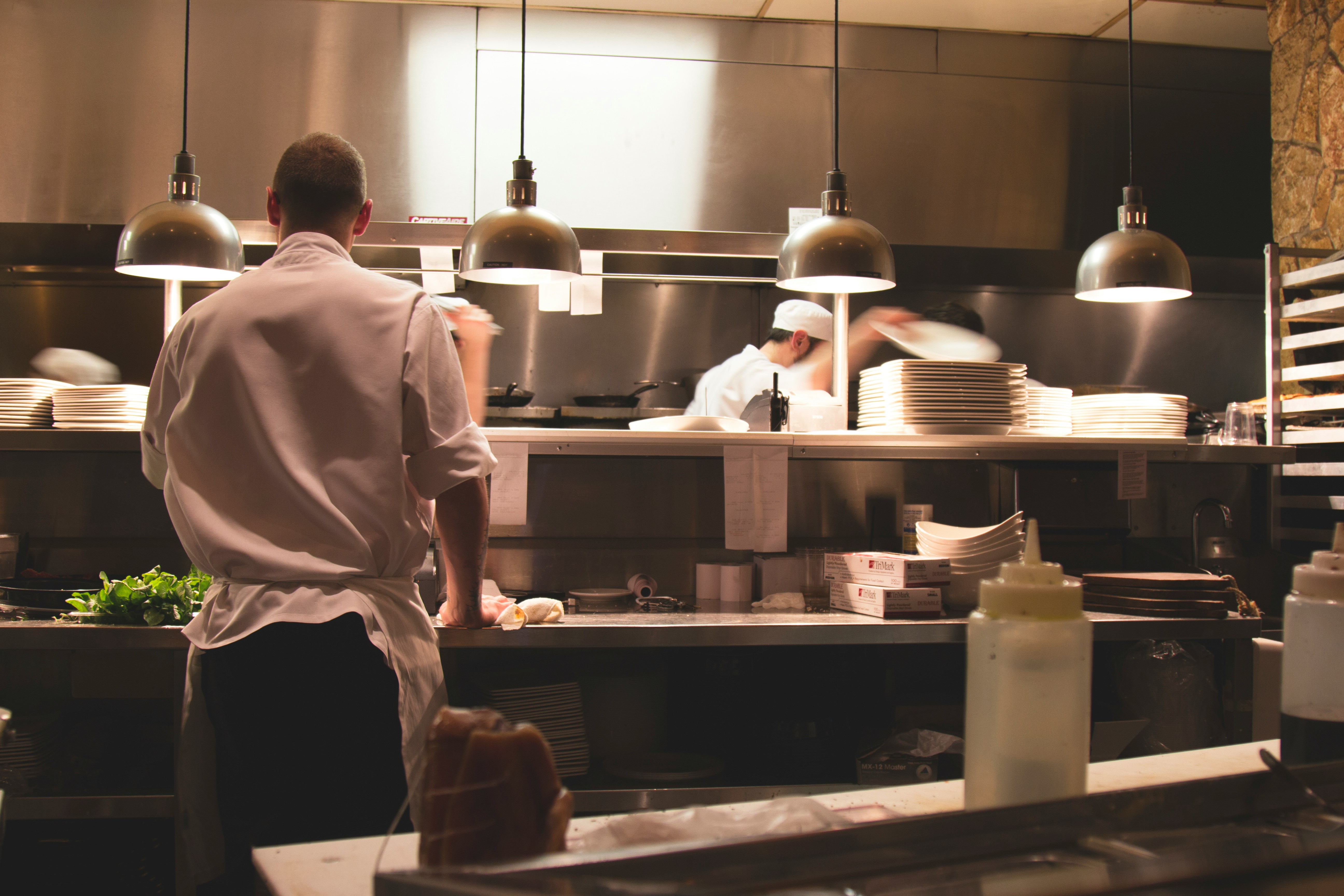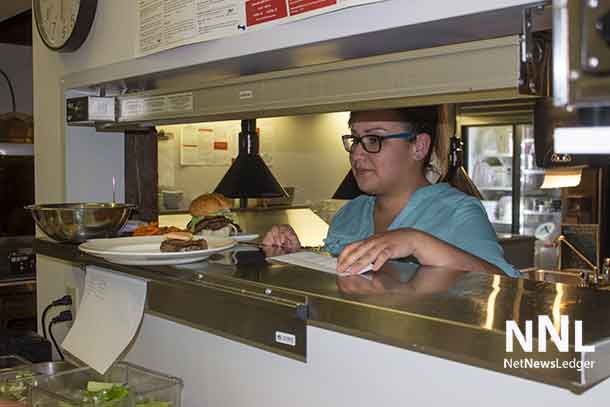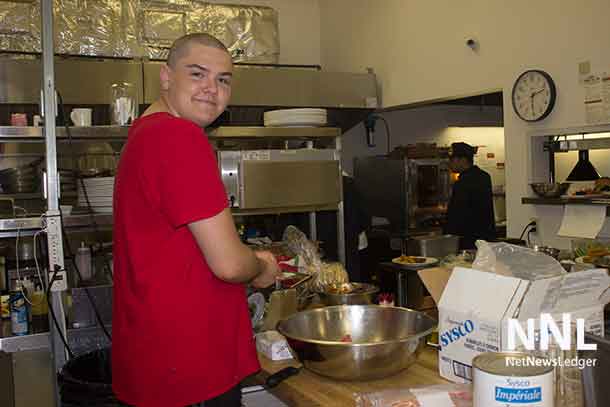Since the 1800s, history has been witness to three industrial revolutions. Each of these industrial movements has been driven by disruptive new technology. The mechanics of the steam engine, the innovation of the assembly line, and the speed of the computer have all brought about modernization and drastic changes to the industry. We are now witnessing a fourth Industrial Revolution that is known as Industry 4.0. This new wave of innovation takes the automation and computerization from the third industrial revolution into the future. So is manufacturing the only industry that can benefit from this fourth Industrial Revolution?
Industry 4.0 is about advancing new technology to improve efficiency, however, it’s also about revolutionizing the way businesses operate and grow. The restaurant industry is no different from the manufacturing industry in that it can also benefit from opportunities for efficiency and growth. Smart manufacturing and production processes can apply to a host of industries. Let’s take a look at some ways to apply manufacturing concepts to the restaurant industry.
Industry 4.0 in the Kitchen

The definition of Industry 4.0 refers to the intelligent networking of machines and processes for an industry with the help of information and communication technology. If businesses are willing to adapt to it, all of these advancements of the fourth industrial revolution can essentially work together to create smart factory processes and automate the entire production system. This innovation makes use of the Internet of Things for a cyber-physical system. It promotes the use of artificial intelligence and robots in every sector. The restaurant industry heavily relies on human workers for their operation. Cyber-physical systems could significantly shift this reliance on the human workforce by automating the production of pastries or even salads. For example, last year, there was news of a robot flipping burgers at a fast-food chain in California. The cyber-physical system robot could grill 150 patties an hour and was much faster than the restaurant’s employees. This use of artificial intelligence coupled with robotic technology is just one example of how the restaurant industry could benefit from the fourth industrial revolution.
Smart Kitchen Equipment

The Internet of Things and smart factory processes uses communication technology to make its way into places such as restaurant kitchens. It’s bringing the promise of stronger connectivity within the workplace and between employees. This could ultimately change the way work is handled in the restaurant. The Internet of Things applies to restaurant equipment to monitor cooking, cleaning, and storing food. Currently, there is smart kitchen equipment that measures all kinds of cooking equipment. Fryers, grills, ovens, and other things are connected by circuit boards that provide prompts to take action or to monitor the temperature. The Internet of Things elevates this if someone wishes to see “above the store” or, use cognitive computing to export data outside of the restaurant. This could be done to observe restaurant data remotely or to compare one restaurant to another. It could essentially turn the kitchen into an information hub. A restaurant owner could collect data about cooking oil usage, for example, to help make purchasing decisions. The Internet of Things could also monitor fryer filtration events to give real-time information about the restaurant staff’s adherence to fryer management standard operating procedures. This digital technology could help provide analytics to bring a higher level of kitchen management and service. The fourth industrial revolution could apply manufacturing technologies to restaurant kitchens by turning them into factory-like environments efficiently cranking out food.
Companies in the kitchen equipment business such as restaurant supply Seattle are now more than just places to buy glassware and dinnerware. They are increasingly offering equipment such as refrigerators and fryers that utilize smart technology. As these companies make the shift from traditional restaurant equipment, they are also relying on kitchens to make the shift to smart automation technology. When kitchens move towards smart manufacturing concepts, they could see cost savings, improved management practices, consistent food, better equipment utilization, and reduced energy cost.







